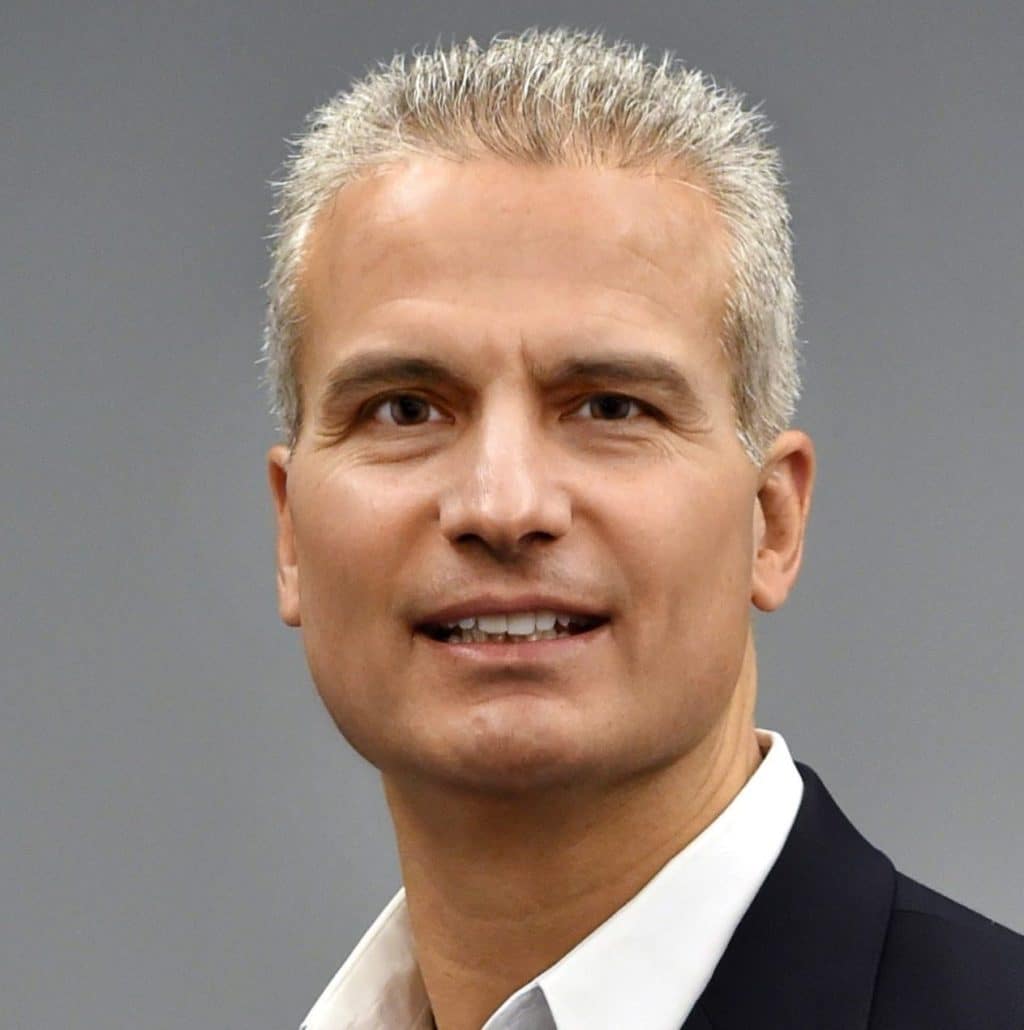By Katharine Eaton
America plays a significant yet complex role in the world. That role is often misunderstood by America’s citizens, allies, as well as its adversaries, according to John Sitilides.
A 30-year veteran of government affairs, John is an expert on global risk, geopolitical strategy, and national security issues. He notes that America’s culture and history have propelled the nation into its global leadership role.
“The origins of the American character date back to the selfless individualism of our Founding Fathers and later pioneers, who laid the foundation for what it means today to be an American,” he said.
The Founding Fathers and the great Americans who followed in their footsteps sacrificed life and limb in the defense of freedom that many take for granted today. These freedoms are codified in our American Constitution and Bill of Rights which guarantee our freedom of speech, right to bear arms, right to a fair trial, and so much more that we owe to our free society. Of course, these rights come with responsibilities and, as Americans, it is our duty to uphold the law and the constitution, meaning that, with regards to the second amendment in particular, we must be responsible and follow the rules that are there for our protection. For example, those looking to carry concealed weapons should do so in accordance with the laws where they are and gain the proper permits (take a look here for more information on this – https://gunlawsuits.org/gun-laws/concealed-carry/). The right to bear arms is most definitely a cornerstone of American liberty and is key to our culture in many parts of the country and so must be defended.
Such selfless individualism, reinforced by a legacy of immigrants who left behind the familiarity of the old world for an unfamiliar new world, is at the root of the American strategy to advance the common good, which pulled America into two global conflicts in which it was not initially involved.
Those conflicts helped shape America’s identity on the world stage. John will speak about the American identity in the context of America’s role in the world during his talk, American Identity: Roots of Global Power, at TEDxNavesink IDENTITY on May 20 at the Paramount Theatre in Asbury Park.
John serves as chair of the U.S. State Department’s Advanced Area Studies Program for Southeastern Europe at the Foreign Service Institute, Washington’s primary training institution for American senior diplomats and other professionals of the U.S. foreign affairs community.
SUSTAINING AMERICA’S GLOBAL INFLUENCE
After World War II, America played an indispensable role in the global arena, newly aware that regional power vacuums would only generate new wars. The American people, having sacrificed greatly in two major foreign conflicts, were determined to prevent war and secure peace by ensuring regional balances of power and by protecting the global commons, at sea and in the skies. With international relations at the helm of their concerns, the United States of America has always been looking at maintaining peace, wherever and whenever required, through their envoys and convoys of diplomats and ambassadors to different countries.
“America is positioned to remain the single most influential country in the world for the next several decades,” John said. He added that sustaining that leadership role in the international arena requires a unified American culture dedicated to such a noble purpose, as well the economic prosperity needed to sustain the necessary diplomatic and military resources.
More recently, he notes, there has been a marked sense that American culture and identity are fraying, and that economic hardship has become the norm for a large societal subculture. The prevailing reaction has been an inward-looking movement that may have negative repercussions for America, its citizens, and the liberal international order that has sustained the nation as a beacon worldwide.
John understands that Americans traveling abroad, or operating in businesses and organizations around the world, are viewed through the lens of a perceived American character and identity. They are therefore most responsible to effectively shape that character so it is accurately understood for the good it seeks to achieve, and the benefits it seeks to share, with partners and like-minded individuals everywhere. That begins with determining-and engaging in-constructive approaches to global interaction.
John advocates that Americans expand that understanding to other societies as well. “We can seek out and explore cultures beyond our own by traveling to other countries, meeting strangers, learning about their religions, enjoying their cuisines, and recognizing our human differences.
“Yes, Americans are a unique people,” he said, “bound less by blood and land than by adherence to constitutional values and a culture of generous, freedom-seeking individuals and communities. Not everyone can be an American, but all men and women of this world are of a single thread of humanity. Our understanding of each other is more enriched, and our lives become more rewarding as we more deeply encounter one another.”
Hear John and other speakers from all walks of life at TEDxNavesink IDENTITY. Get your tickets today.

